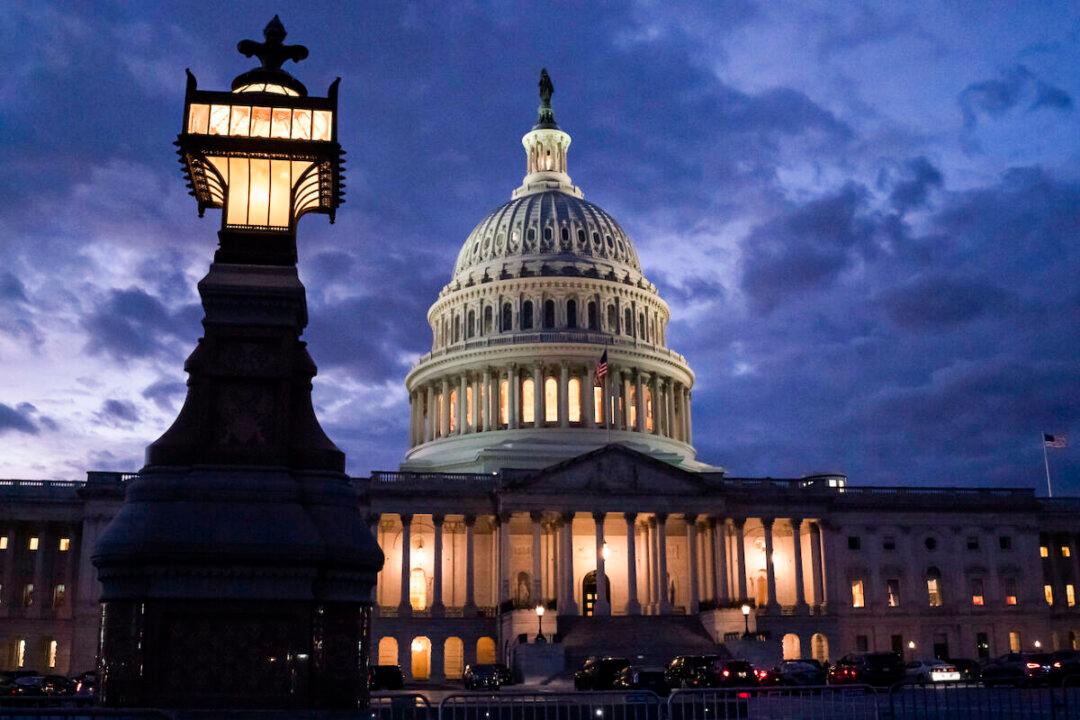The House voted early on Dec. 15 to raise the debt ceiling by $2.5 trillion until 2023, just in time for the deadline set by the Treasury Department, potentially avoiding an economic crisis.
Lawmakers passed the bill, which increases the limit to close to $31 trillion, in a 221–209 vote with just one Republican, Rep. Adam Kinzinger (R-Ill.), voting yes.




